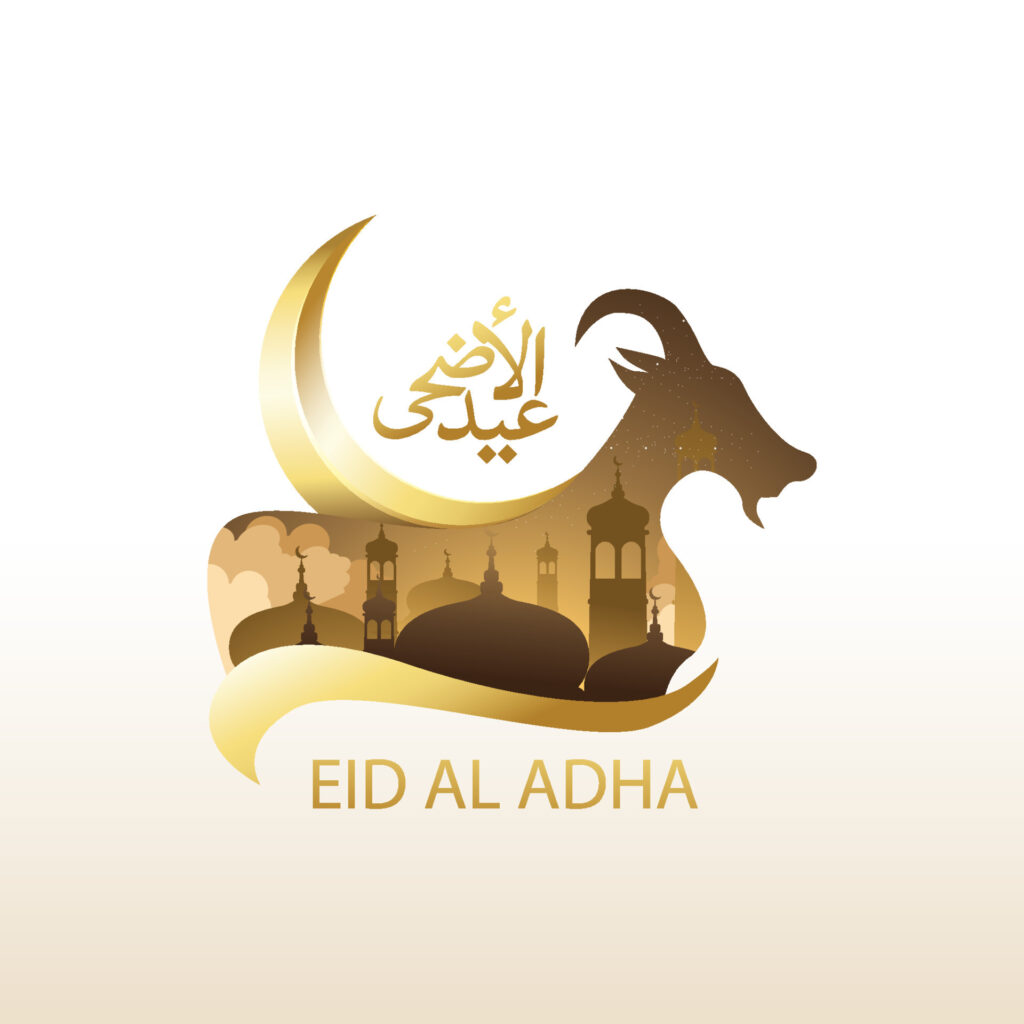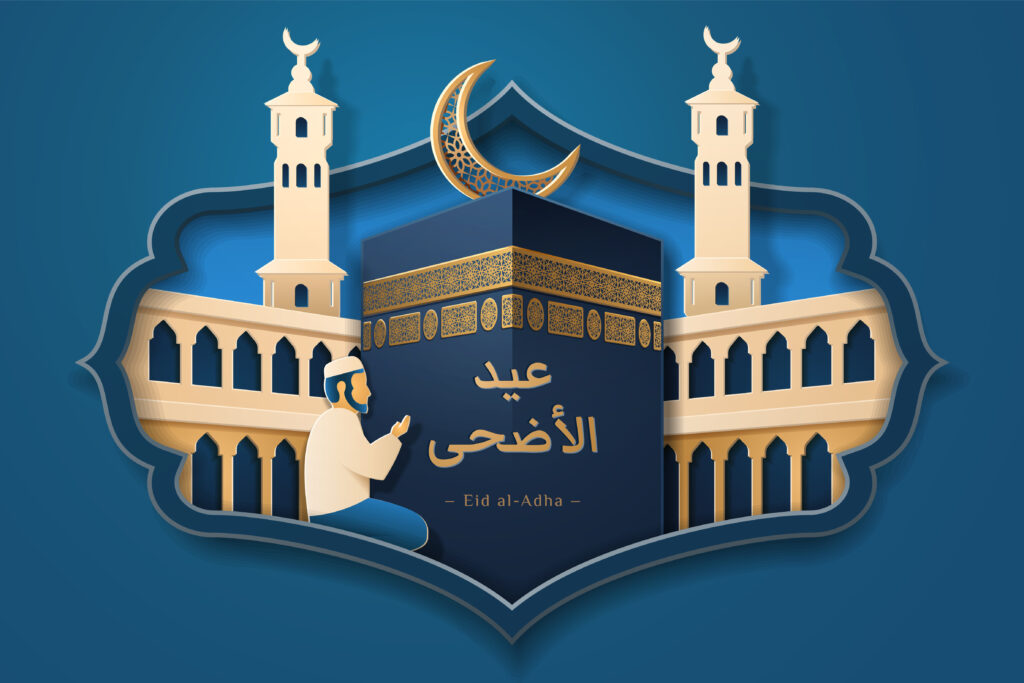Eid ul-Adha, also known as the Festival of Sacrifice, is one of the most significant Islamic holidays celebrated by Muslims worldwide. Central to this observance is the ritual sacrifice of an animal, typically a sheep, goat, cow, or camel, commemorating the willingness of Prophet Ibrahim (Abraham) to sacrifice his son, Ismail (Ishmael), as an act of obedience to God’s command. While the sacrifice itself holds profound religious and cultural significance, the use of knives in this ritual plays a symbolic role that deepens the understanding of this sacred tradition.
At the heart of Eid ul-Adha is the act of sacrifice, which symbolizes devotion, obedience, and submission to the will of Allah (God). Just as Prophet Ibrahim demonstrated unwavering faith and obedience by willingly offering his beloved son in obedience to God’s command, Muslims today emulate this act through the sacrifice of an animal during Eid ul-Adha. The selection and preparation of the sacrificial animal are imbued with spiritual significance, as it represents the ultimate surrender of one’s possessions and desires in service to God.
The role of knives in the ritual sacrifice is symbolic of the precision, reverence, and humility with which Muslims approach this sacred act. The knife, or “zabiha” in Arabic, is the tool used to slaughter the animal in accordance with Islamic guidelines, ensuring a swift and humane sacrifice. Before the slaughter, Muslims recite the name of Allah, affirming their intention to carry out the sacrifice solely for His pleasure and seeking His blessings.

In Islamic tradition, the act of sacrificing an animal is not merely an outward ritual but a deeply spiritual experience that fosters humility, gratitude, and compassion. The sacrifice serves as a reminder of the blessings bestowed upon humanity by the mercy and providence of Allah. By willingly parting with a `4FBportion of their wealth and sharing the meat with family, friends, and those in need, Muslims reaffirm their commitment to generosity, community, and social justice.
Furthermore, the use of knives in the ritual sacrifice underscores the importance of mindfulness and reverence in all aspects of life. Muslims are instructed to sharpen their knives well in advance of the sacrifice, ensuring a clean and precise cut that minimizes the animal’s suffering. This attention to detail reflects the Islamic principle of “ihsan,” or excellence, which encourages believers to perform every task with diligence, integrity, and compassion.
Moreover, the symbolic role of knives in Eid ul-Adha extends beyond the act of sacrifice to encompass broader themes of self-discipline, sacrifice, and spiritual renewal. Muslims are reminded that true devotion requires the willingness to sacrifice one’s comfort, desires, and ego for the sake of God. By embracing hardship and adversity with patience and perseverance, believers cultivate inner strength, resilience, and spiritual growth.
In conclusion, the symbolic role of knives in Eid ul-Adha illuminates the profound spiritual and cultural significance of the ritual sacrifice in Islam. Far more than a mere ceremonial act, the sacrifice embodies the core values of faith, obedience, and selflessness that lie at the heart of Islam. By using knives to perform the sacrifice with precision, reverence, and humility, Muslims honor the legacy of Prophet Ibrahim and reaffirm their commitment to serving Allah with sincerity and devotion. Ultimately, Eid ul-Adha serves as a powerful reminder of the timeless virtues of sacrifice, generosity, and compassion that unite believers in their worship of the Almighty.

